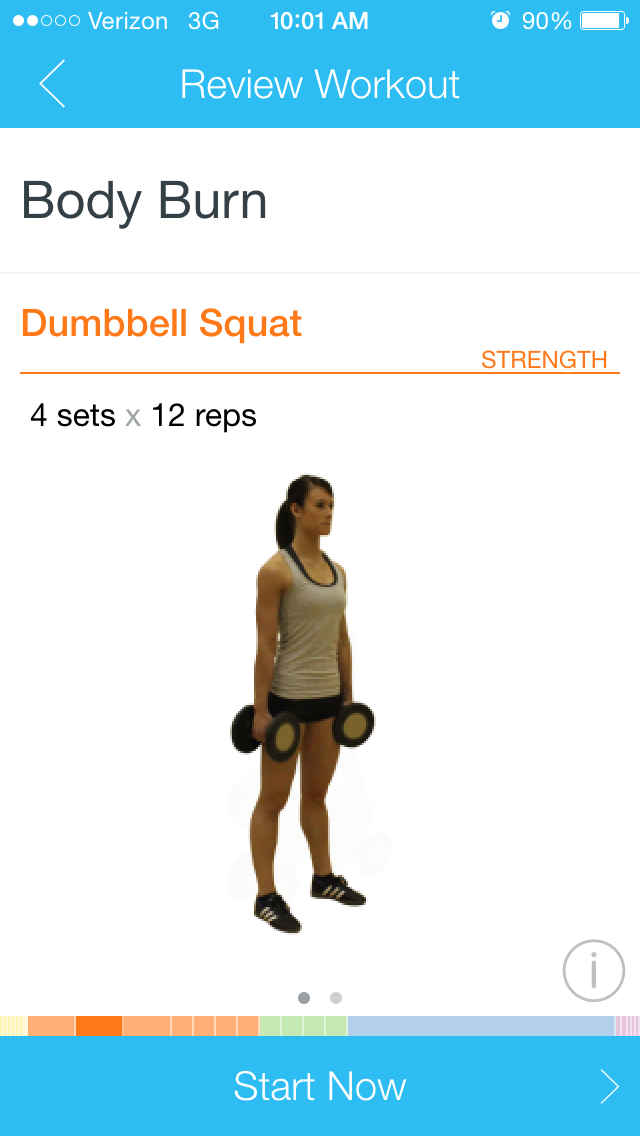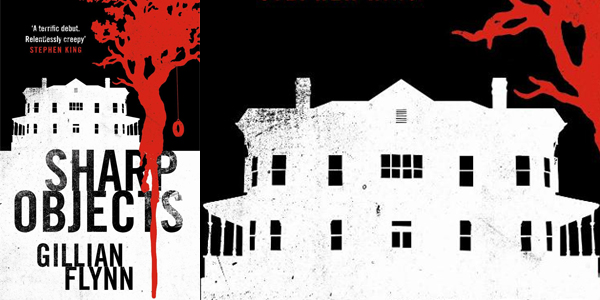According to Time, the average person makes up to 5,000 decisions per day.
And for some people, that number is probably even higher. When you think about it, each action we take is a decision: going to bed at 10pm or continuing to watch a movie until midnight; hitting snooze or turning your alarm off (and getting out of bed); making coffee, taking a shower, putting on make up, getting dressed. Teeny tiny decisions every day. We decide what to eat for breakfast, when to leave for work. At work, we decide whether to schedule or postpone meetings, whether or not to email a client back or wait. Thousands upon thousands of decisions, sometimes lasting only a fraction of a second -- but some last even longer.
There is nothing quite like the agonizing argument I have with myself every weekday evening. I should work out, I text my husband, but in the back of my mind, I whine: But I don't waaaant to. You should -- it's good for you. You ate a bagel for lunch. But I am so tired. I barely see Danny... Back and forth, until I decide one way or another. I decide which route to take home. I decide what to make for dinner. I decide... I decide... I decide.
And at a certain point, we just aren't able to make decisions anymore. That's kind of the funny thing: the more decisions we force ourselves to make in a day, the more difficult it is for us to make those decisions -- which means, it's more difficult for us to be creative. To be creative -- that is, to create, to write or draw or scrapbook or anything -- we need to be able to make decisions that impact what we're doing. Should we use this word or that one? Should a character be named Angela or Angelica? So if we've used all of our decisions on the minutiae of our lives -- whether or not to work out, raspberry or strawberry smoothie, nonfat creamer or milk in our coffee -- then we have a harder time actually being creative people.
For people who are terrible at making decisions, it's even worse.
I've always agonized over decisions. Sometimes, I fantasize about how my life would be different based on all the decisions I've made in my life. When I was younger (that is, under about 13), I would often wonder if the decisions I often agonized over -- chocolate or vanilla ice cream, going to Portland for my birthday or the coast -- really had an impact over my life. Would I have more friends if I was a vanilla ice cream person? (I am decidedly a chocolate ice cream person -- and I have since found that people who favor vanilla tend to be more personable and outgoing than me, so perhaps I'm onto something there.)
I like to make decisions alone, but I also secretly like to have people make suggestions to me. I always text my husband and my mom when a big decisions comes up -- and while both of them usually reply, "I don't know, you should decide" or something to take effect, I kind of always want them to tell me what to do. I'll always frame it as "well, I decided this" -- but really, I like to leave the hard stuff up to other people. I often wonder if I have a hard time making big decisions -- whether or not to be short term disability insurance, whether I should plan for a pregnancy in 2015 or 2016, how much money I should save every month for property taxes and insurance -- because I spend so much time agonizing over the little things, like whether to buy lunch that day or if I should work out.
There is one thing I know for absolutely sure:
When I spend a lot of time making decisions -- whether it's little things or big things -- I have a harder time getting work done, being creative, and writing. I don't write in my journal; I'll fall behind on creative projects; I'll put off scrapbooking, my favorite hobby.
So what does that mean for me? If I intend to live a more creative life -- which is a goal I have for myself -- what can I do to keep myself from taking away all of my decision-making power?
One of the most important things I need to do is have a routine. I used to be one of those people that did the same things at the same time of day, no matter what. Throughout college, I got up at the same time, worked out at the same time, ate at the same time, went to sleep at the same time. I had a routine I did when I woke up, when I went to bed, when I did my homework. I was a human of routine. The farther I've gotten from school, the more I've gone rogue -- and in that time, I've spent a lot of time making stupid decisions. (Should I brush my teeth now or later? Just kidding, I'll spend 20 minutes sitting on the living room floor picking out a movie -- the Hobbit, Venture Bros, or Blade 2?)
Right now, I'm working on a routine. Planning outfits, planning meals, planning workouts. Not having any excuses. Not allowing myself to change the decision I've already made. If I've already decided to wear jeggings and a sweater tomorrow to work, if I've already decided to pack my gym bag and put it in the car and work out after work, if I've already decided to make lasagna for dinner, then I've already removed the burden of those decisions. I've created a somewhat streamlined day for myself already. But I can narrow it down even further. I can just know I'll wake up, shower, put on make up, make coffee, pack up my car, and leave. No deviations -- I've already decided. If I know that, I'll be more prepared to be productive at work, to make creative decisions, to get home from a good workout and write.
I want to be a more creative person and part of working towards that goal means altering the behavior I've allowed myself to get away with out of pure laziness. It's time to get things in order. It's time to get my decisions under control.












